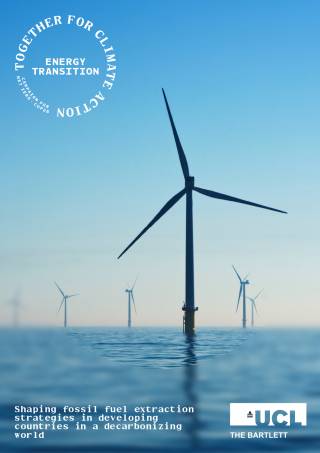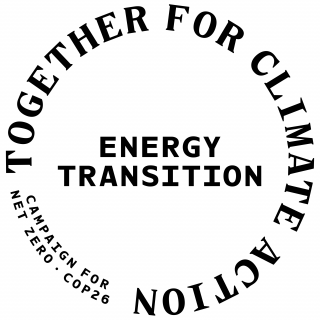Shaping fossil fuel extraction strategies in developing countries in a decarbonizing world
11 May 2021

Many developing countries see prospects for exploiting domestic fossil fuel resources as an integral part of their development strategy. At the same time, in order to address the climate emergency the world as a whole needs rapidly to reduce the use of fossil fuels.
This policy brief explores how developing countries need to balance the perceived economic opportunities of their strategy against some of the emerging risks which include the changes in energy markets and technologies, and the priorities of the investment community, in response to the climate challenge. A taster of one of these changes has already been seen with the COVID-19 pandemic, which has resulted in a downturn for oil and gas producers and given a possible indication of future fossil fuel decline.
The policy brief sets out three priorities for just, climate-compatible development:
- The risks of further fossil fuel investment need to be robustly assessed by countries themselves.
- Wealthier producing countries should take the lead in a managed decline of fossil fuels.
- Development assistance and investment must align with broader climate objectives.
Read 'Shaping fossil fuel extraction strategies in developing countries in a decarbonizing world'
 Close
Close



